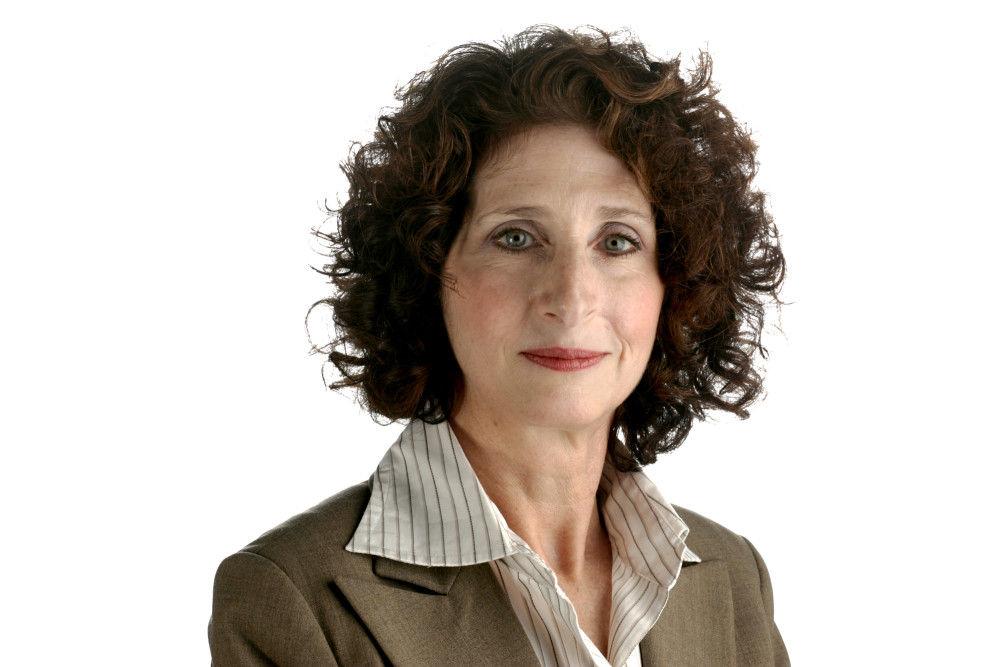By Gail MarksJarvis
Chicago Tribune
WWR Article Summary (tl;dr) David Laibson, a Harvard economics professor says many consumers make poor financial choices, but older adults are particularly vulnerable. These troubles can multiply when there is a lack of communication within the family.
Chicago Tribune
When you open the door and greet your mother or father during the holidays, it’s probably not a good idea to follow the hug with: “Gee, you’re looking old.”
And here’s another idea that might not play well but is worth a try: During some quiet moment with a parent or parents, adult children should start a discussion that’s being called “the talk.”
As gingerly as possible, mention that eventually mom and dad may need help with their finances, and it’s best to get the mechanics set up long before it becomes urgent.
Unfortunately, families tend not to do this. Neither aging parents nor adult children want to imply anyone’s getting older, or incapable. So they skip the talk until a parent’s in the hospital or drowning in unpaid bills, dogged by debt collectors or embarrassed after being cheated by a nice-sounding broker pushing a lousy investment.
Even after a financial mess, parents might not tell their adult children they could use help. Case in point: 91-year-old Dorothy. She called me at my newspaper office one day because she was worried she was running out of money, and wanted me to look at what her broker had been doing with the savings she had left since her husband’s death. At one point, it was a decent nest egg, but the broker was running up fees on investments that weren’t ideal for Dorothy. So she was losing money. There was no fraud, just questionable help.
I asked if her family could help her, and Dorothy told me her daughter, a certified public accountant with plenty of money experience, wanted to help her. But Dorothy wouldn’t consider it. Rather than giving her family a look at her money, she preferred calling me, someone she’d never met, and relying on a broker who wasn’t safeguarding her money.
Academic studies by David Laibson, a Harvard economics professor, suggest money messes like Dorothy’s are widespread among aging people. Many consumers make poor financial choices, but older adults are particularly vulnerable.
Half of people over age 80 have “cognitive impairment,” he reported in a 2009 study. And since they don’t realize their weaknesses, they often resist help. Laibson once told a Morningstar financial planning conference about a man who had been an accomplished stock trader while working. As he aged he began making simple mistakes with basic financial decisions but had no idea he needed help.
A recent study by Fidelity also shows seniors are reluctant to open up their financial lives to their adult children.
In a national study, six in 10 seniors said they knew older adults who were no longer capable of handling their financial affairs, but they didn’t connect that reality to themselves. Only 9 percent thought they’d ever lose their ability to manage their money.
“There’s a bit of an ostrich syndrome,” said Suzanne Schmitt, vice president of family engagement for Fidelity. “They are desperately afraid of losing control over how they spend on their own. They can’t cope with losing that independence.”
But bringing children into their financial lives doesn’t have to mean a loss of control. It’s the opposite: Parents risk having decisions made against their wishes if they leave the future to chance. Parents end up in the hospital and family members might not have the right to participate in medical decisions.
When parents are released from the hospital they may end up in a rehabilitation facility they don’t want or with a family member they don’t prefer. While they are recovering, their taxes, utilities and other bills may go unpaid as children can’t find financial records, don’t know what’s left undone, or don’t have the right to access records.
To avoid problems, people need to set up a health care power of attorney, or designate a health care proxy, so a specific family member can make medical decisions if a parent is unable to make them. For financial matters, there needs to be a power of attorney to give a child or other family member the right to check on accounts such as bank accounts, health insurance, home insurance, auto insurance and bills of all types.
Parents need to make a list of all possessions and accounts, including account numbers and passwords and locations of documents. If that information is in a safety deposit box or in a computer and a person hasn’t been given legal access, it will do no good.
A will is also necessary and should be reviewed whenever there’s a change in the family such as a divorce, death, remarriage or birth.
buy flagyl generic buy flagyl online no prescription
Accounts such as IRAs should have beneficiaries listed.
Schmitt suggests that adult children accompany parents to meetings with financial advisers, attorneys and doctors so there is a relationship in place while parents are still active and so children hear their parents’ wishes.
And if you are together now for the holidays, you could take your calendars out and pick a time for the meeting.
___
ABOUT THE WRITER
Gail MarksJarvis is a personal finance columnist for the Chicago Tribune and author of “Saving for Retirement Without Living Like a Pauper or Winning the Lottery.”














































































































































































































































































































































































